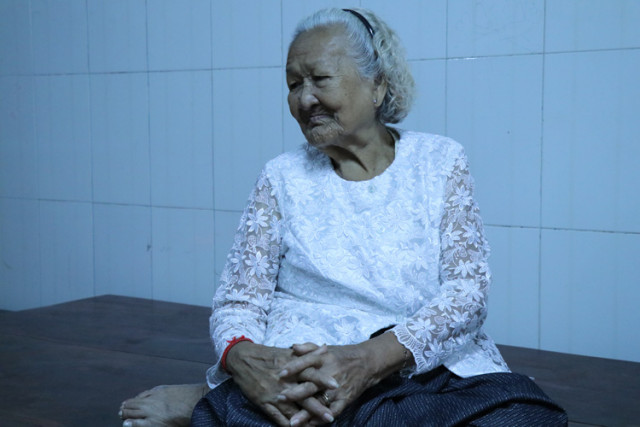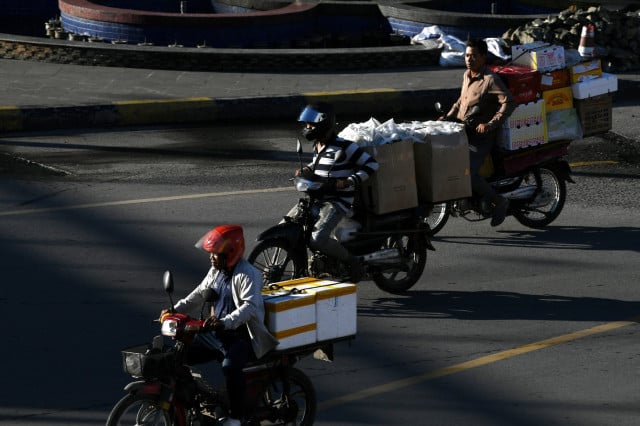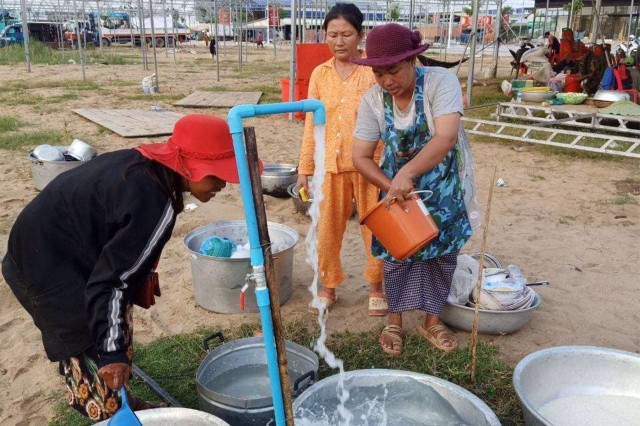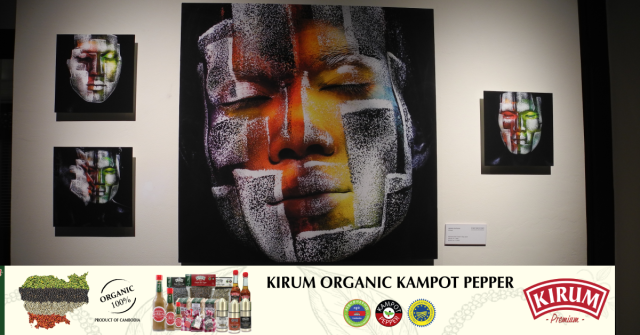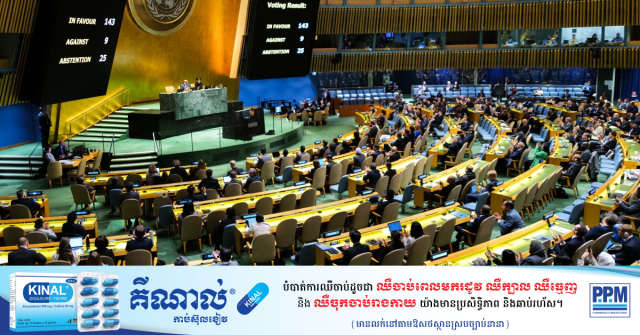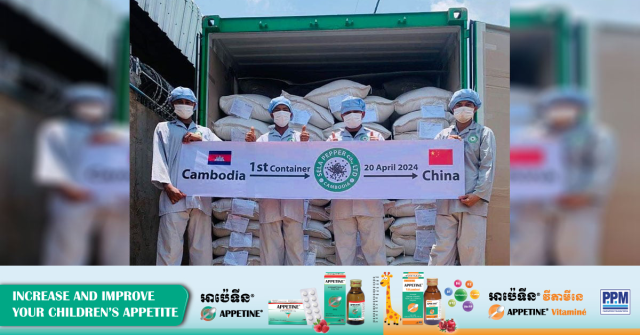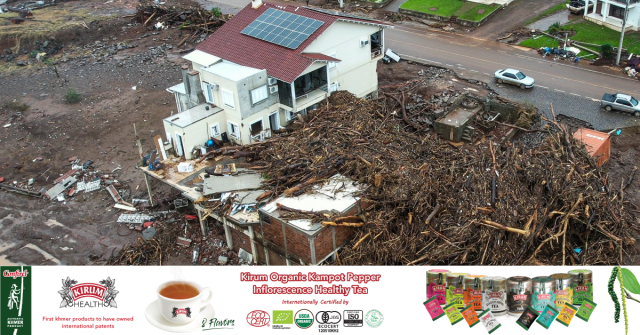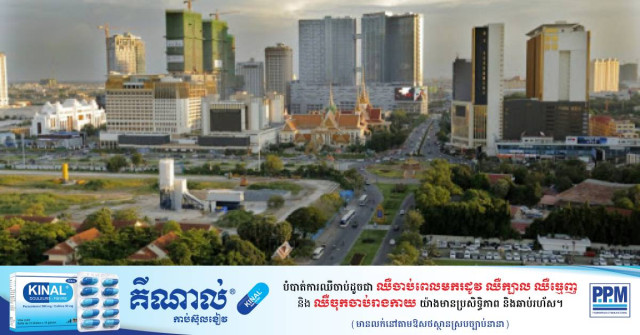Do Not Force Government Officials to Donate Salaries: Hun Sen
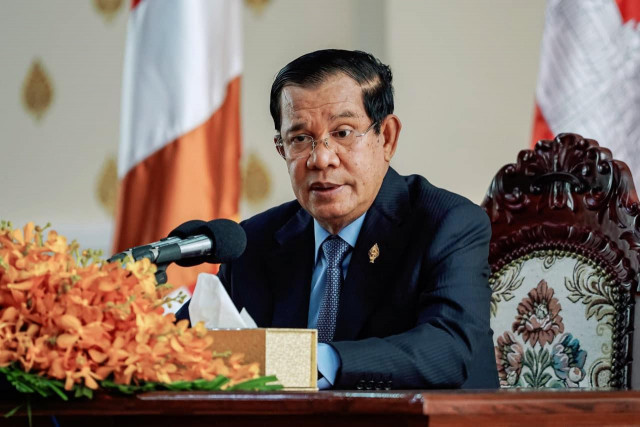
- Phoung Vantha
- April 6, 2020 12:04 PM
Prime Minister Hun Sen ordered ministers not to force their subordinates to donate to the National Anti-COVID-19 Committee, but notes $11 million has been donated so far despite government salaries.
PHNOM PENH--Prime Minister Hun Sen urged the ministers of all ministries and other leaders of state institutions not to force any of their subordinate officials to donate salaries to the committee on Coronavirus Disease 2019 (COVID-19). This came after Hun Sen donated seven months of his own salary to the national fight against COVID-19.
He said some officers can afford to do so and that some officers cannot, so the donation is made on a voluntary basis.
“The government has no shortage of money to fight COVID-19,” he said in a voice message on Telegram April 5.
More Cambodian ministers and government officers have since come forward to also donate six or seven months of their salaries to the National Anti-COVID-19 Committee.
Hun Sen urged that those officers who want to donate have to write a donation letter to Health Minister Mam Bunheng, adding that they must do this themselves.
While full disclosure on the sources of donations is not yet available, the National Anti-COVID-19 Committee has received more than $11 million in donations according to Hun Sen’s voice message.
According to 2017 Law on Financial Management, the prime minister’s monthly salary is 10 million Khmer Riel ($2,500), and 8 million Khmer Riel ($1,900) a month for a deputy prime minister, whereas senior ministers receive 6 million Khmer Riel ($1,400) per month and ministers get 5 million Khmer Riel ($1,200) as a monthly salary.
TRACE International, an organization that monitors the prevalence of bribery and corruption, ranked Cambodia 189th of 200 countries analyzed in their 2019 Bribery Risk Matrix. Explaining their reasoning behind this ranking, TRACE’s report on Cambodia suggests that business interactions are based on a high degree of government interaction with a very high expectation of bribes and a very high regulatory burden.
Similarly, TRACE found that Cambodia exhibited low quality anti-bribery dissuasion and enforcement, poor governmental transparency and very poor transparency of financial interests, as well as a low degree of media freedom and civil society engagement.
Echoing this sentiment was Transparency International, who ranked Cambodia as 162nd out of 180 countries studied in their 2019 Corruption Perceptions Index, noting that the Asia Pacific region has made very limited progress in addressing corruption with an average score of 44 for three consecutive years. Cambodia scored just 20 on a scale where the lower the score, the higher the perceived level of corruption.








